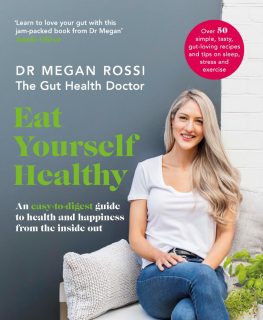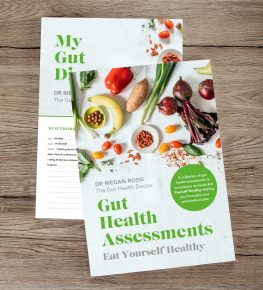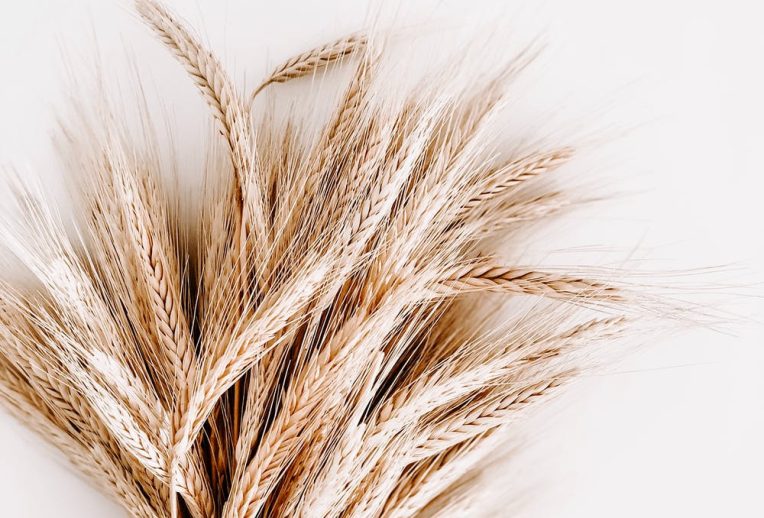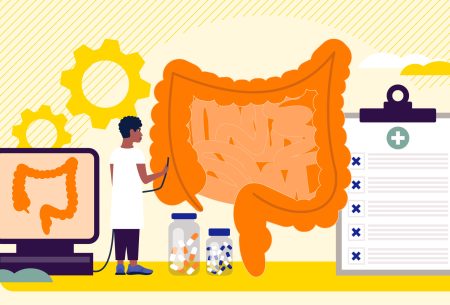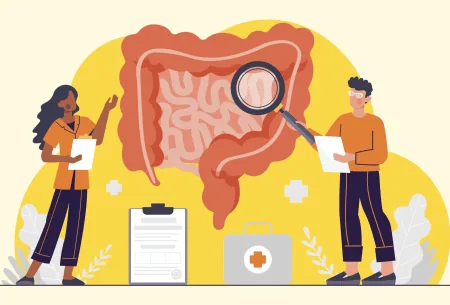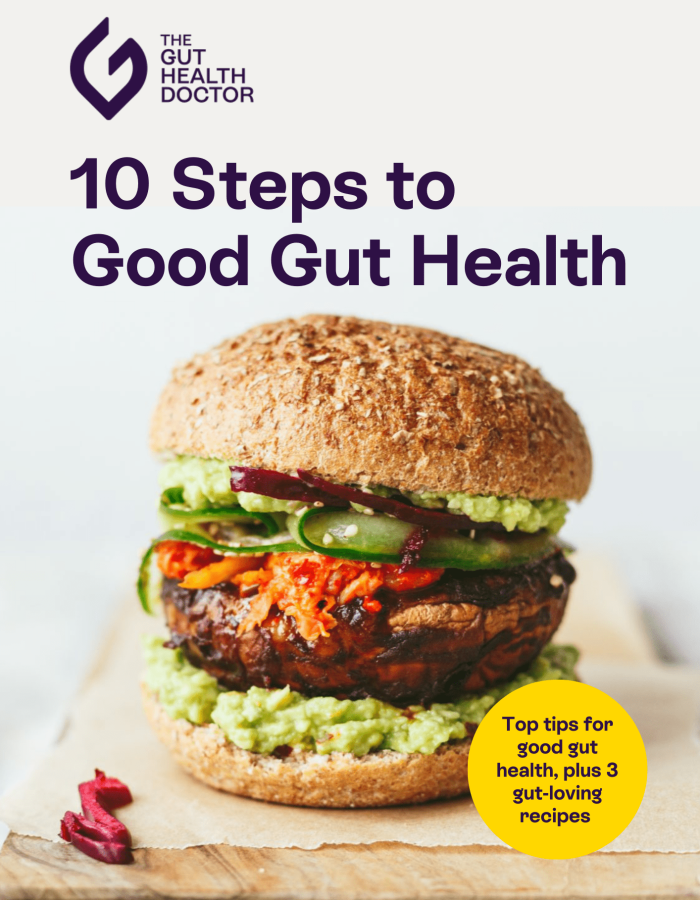Confused by all the anti-wheat hype? Here’s the low down on the evidence behind whether or not wheat is bad for you.
Grain-based foods, including wheat, are an important source of nutrients, such as B vitamins needed for cell metabolism and dietary fibre for gut health. In addition, any diet that unnecessarily restricts food groups can create nutritional imbalances.
In fact, many foods advertised as wheat-free have added sugar and fats to compensate for the functional qualities of wheat. What’s more, recent studies including over 300,000 people (without coeliac disease) have suggested those with low intakes of wholegrains compared to those with high intakes have an increased risk of type two diabetes and having a heart attack.
So typically my answer to the common question “Is wheat bad?” is no! Whole-grain wheat (which is the minimally processed type of wheat) is healthy for the majority of people.
HOWEVER, there is a subset of the population who don’t tolerate wheat, which is typically related to one of three wheat components:
1) Gluten (type of protein in certain grains including wheat, rye and barley) main conditions: Coeliac disease – requires strict avoidance (affects 1% of the population) & Non-coeliac gluten sensitivity (NCGS) – newly defined condition with mechanism poorly understood (affects 1-6% of the population)
2) Wheat proteins (proteins in wheat, other than gluten) main conditions: Wheat allergy– requires strict avoidance (>0.2% prevalence in adults1); & Non-coeliac wheat sensitivity (NCWS) – suspected crossover with NCGS.
3) Fructans (fermentable carbohydrates found in many foods not exclusive to wheat) condition: Irritable Bowel Syndrome (IBS) (15% prevalence)- does not require strict avoidance of wheat nor is it known to carry any long-term health risk, although the associated gastrointestinal symptoms can be debilitating.
Non-coeliac gluten/ wheat sensitivity is a newly defined condition that recognises a wide spectrum of gastrointestinal and extra-intestinal symptoms including brain fog and fatigue. Given the co-existence of gluten and other wheat proteins in many foods identifying the culprit component ie. gluten vs. other wheat protein such as amylase-trypsin inhibitor (ATI) can be difficult which is why the terms NCGS and NCWS are often used interchangeably. The gold standard method to diagnose NCGS and NCWS is a placebo-controlled food challenge using isolated gluten and wheat protein.
If you suspect you react to wheat, your first step should be to rule out coeliac disease and wheat allergy with your General Practitioner. It’s important you take this step so that you can determine how strict you need to be with your gluten/wheat exclusion, for instance, even traces of gluten from cross-contamination using a chopping board or toaster can have serious consequences for people with coeliac disease and wheat allergies. Once these have been ruled out the next step is to see a registered dietitian who can help identify whether you have NCGS/NCWS or instead are reacting to fructans (which may form part of a larger group of food exclusions known as FODMAPs). Unfortunately, there is no blood/breath/stool test that can accurately determine food intolerances, other than lactose intolerance (so please don’t waste your time or money!).
References:
1. Zong G, Lebwohl B, Hu F, et al. Abstract 11: Associations of Gluten Intake With Type 2 Diabetes Risk and Weight Gain in Three Large Prospective Cohort Studies of US Men and Women. Circulation. 2017;135:A11-A11.
2. Lebwohl B, Cao Y, Zong G, et al. Long term gluten consumption in adults without celiac disease and risk of coronary heart disease: prospective cohort study. Bmj. 2017;357:j1892.
3. British Allergy Foundation. 2016. www.allergyuk.org.
4. Canavan et al. The epidemiology of irritable bowel syndrome. Clin Epidemiol 2014; 6:71-80.
5. Giorgio et al. Sensitivity to wheat, gluten and FODMPAs in IBS: facts or fiction? Gut 2016; 65:169-178.



